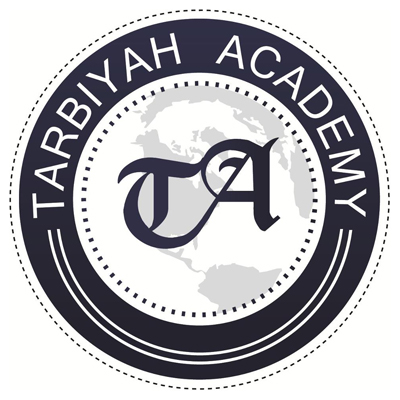 Tarbiyah Academy, the recently launched school proposed for the Howard County, Maryland area, held three town hall style meetings last month, presenting the vision and plan for the school and inviting feedback from potential parents.
Tarbiyah Academy, the recently launched school proposed for the Howard County, Maryland area, held three town hall style meetings last month, presenting the vision and plan for the school and inviting feedback from potential parents.
About 50 people attended the first meeting on May 15, 2012 at Howard County’s North Laurel Community Center. Held on a Tuesday at 6:30pm, organizers provided boxed dinners for all guests. A similar number came to the second meeting, while about 35 people came to the third meeting.
At the first open house in North Laurel, opened with a recitation and translation of surah Alaq by two young children, Tarbiyah Academy President Lailaa Jazouli welcomed everyone and explained what the Tarbiyah project is all about.
“We feel as mothers that it’s our duty to develop the leaders of tomorrow … we want a school that helps [our kids] prosper both in this life and the next, and we’ve been working since September on how to start a school,” she said. All of the executive board members are mothers of young children.
Board member Dr. Rascha Dughly began explaining the Tarbiyah vision using a powerpoint presentation. She stressed education that “keeps alive the natural curiosity” in children. Her presentation also included an introduction to all the board members, and highlights of the educational philosophy of the proposed school.
Reed Sumida of the Canada-based educational consulting firm Independent School Performance Group spoke next, explaining the need for a new Islamic full-time school in the region including the growing Muslim population of Howard County and the negatives associated with public schools.
Sumida, a non-Muslim who has helped establish many private schools in North America and the Middle East, was hired by Tarbiyah to help them develop a business plan for the school. He attended all three town hall meetings.
Tarbiyah is differentiating itself from other area Islamic schools in their adoption of the International Baccalaureate (IB) system. The system is generally thought to be more academically rigorous and better suited to the needs of a diverse, connected world. IB schools are required to have IB trained and certified teachers, a major differentiating factor from other educational systems.
Sumida said Tarbiyah has a June 15, 2012 target for completing its business plan. “The success of the school in its first year” depends on enrollment, said Sumida. “There has to be more than six [board members] starting a school, it has to be a community,” he added. The school target start date is September 2013.
Board member Sarah Gowayed went over the IB program and its structure. “All the teachers we hire will have gone through the IB training before we open our doors,” she said. The application process to become an IB school takes about three years.
During the question and answer period, interested parents asked about a variety of topics, both specific to IB and more general in nature.
Tuition was a central concern, and Sumida said the tuition will be below $10,000 but above $5,000, adding that Tarbiyah would be the only IB school he knows of with an under-$10,000 annual tuition. Sumida also said the school will not rely on donations. Financial aid will be available and applications will go through a third party.
Tarbiyah will have to pay about $100,000 to initiate the IB program, most of that cost coming in the form of teacher training fees.
On the question of location, Sumida and the board said a location has not been finalized, but it would be within 20 minutes of most students. There is no plan to have a masjid at the school, said board members.
One guest asked about how inclusive Tarbiyah Academy will be, given that “the African American community [was] visibly absent in the room”. Sumida there will be sibling discounts to help with tuition load, but on the educational level he acknowledged the IB program is not a fit for every student.
On the makeup of the school, the board said non-Muslim students will be allowed to enroll but that they would have to study all of the subjects including Islamic Studies and Qur’an. Non-Muslim teachers will only be hired if there is a pressing need. Hijab will not be enforced in the lower grades.
One of the final questions was – given the incredible amount of work involved in running start-up Islamic projects – if the board members were ready to “live, eat, and breath Tarbiyah”. President Lailaa Jazouli responded. “We are in it for the long term.”
The meeting closed with maghrib prayers. All interested parents were asked to fill out a survey. Data from the survey will be used to put together a business plan under the direction of Reed Sumida’s organization.









Comments powered by CComment